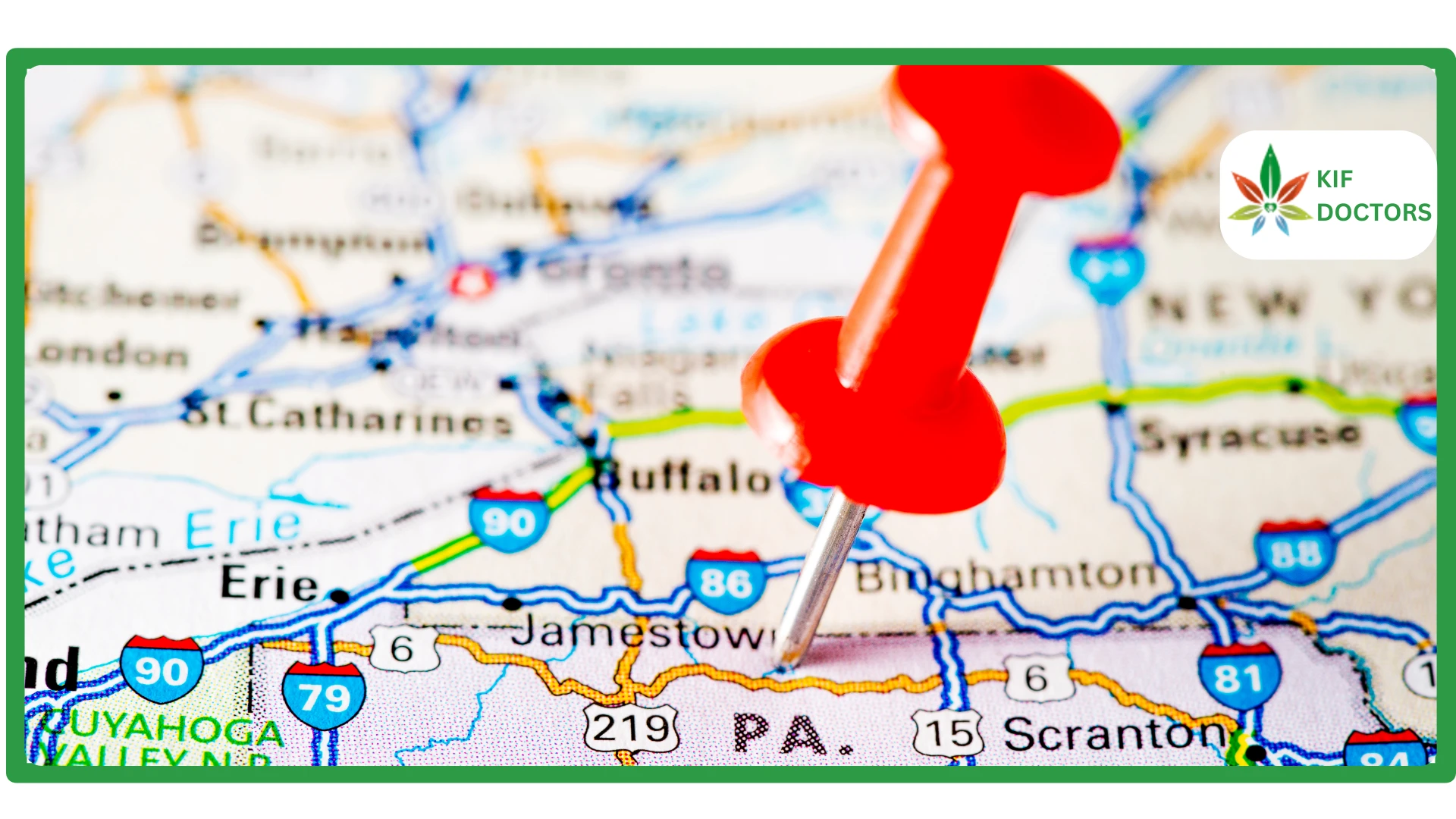Are you looking for the list of qualifying medical conditions for an Iowa medical card? If you are, you have come to the right place. We know this can seem a little confusing, but we have great news: Iowa's medical cannabis program is more helpful and flexible than most people think.
This guide will walk you through the official list of conditions in super simple terms. We will also tell you about a special rule in Iowa that helps many more people get the relief they need. Let's make this easy together.
What is Iowa's Medical Cannabidiol Program?
First, it is important to know that Iowa's program is a little different from other states. It is officially called the "Medical Cannabidiol Program." This means it is focused on "cannabidiol" products, which are also called CBD.
These products can have some THC, which is the part of the cannabis plant that can make you feel "high." However, in Iowa, there are limits on how much THC a product can have. This is to make sure the products are used for health and wellness.
So, when you get a card in Iowa, it allows you to buy these specific medical cannabidiol products from a licensed dispensary.
The Official List of Iowa Qualifying Conditions
The state has an official list of health problems that can get you a card. If a doctor has told you that you have one of these conditions, you are on the right track. This list of Iowa medical cannabidiol qualifying conditions covers many serious issues.
Here is the current list:
-
Cancer (if it causes severe pain, nausea, or severe wasting)
-
Seizures
-
Crohn's disease
-
Multiple Sclerosis (MS) with severe and persistent muscle spasms
-
AIDS or HIV (as defined in Iowa Code)
-
Amyotrophic lateral sclerosis (ALS)
-
Parkinson's disease
-
Post-Traumatic Stress Disorder (PTSD)
-
Autism (with self-injuring or aggressive behaviors)
-
Any terminal illness with a life expectancy of less than one year (if the illness or its treatment causes severe pain, nausea, or severe wasting)
-
Severe, intractable ulcerative colitis or Crohn's disease
-
Severe, intractable autism with self-injuring or aggressive behaviors.
-
Corticobasal degeneration
Iowa's Special Rule: The "Catch-All" Condition
Now, let's talk about the most important part of Iowa's law. What if your health problem is not on the list above? You might still be able to qualify!
Iowa has a special rule that says a patient can qualify if they have:
Chronic pain...OR any other debilitating medical condition...that is diagnosed by a healthcare practitioner."
This is amazing news! A debilitating medical condition in Iowa is one that causes things like weakness, nausea, or pain that makes it hard to live your life. This special rule means that the list of qualifying medical conditions for an Iowa medical card is very flexible.
If you have a health issue that causes you serious problems, a compassionate doctor can likely certify you. This could include other debilitating conditions that are not on the main list. A doctor's professional opinion is what matters most.
How to Get Your Medical Card in Iowa: The Easy Steps
So, you think you qualify. What's the next step? Getting your card in Iowa is a simple, straightforward process. Here is how to get a medical card in Iowa.
Step 1: Have Your Medical Condition Diagnosed
First, you need to have an official diagnosis for your health problem from a doctor. This is the medical background you will discuss during your certification.
Step 2: Talk With a Licensed Healthcare Practitioner
This is the key step. You need a healthcare practitioner (like a doctor, physician's assistant, or nurse practitioner) to certify that you have a qualifying condition. They will fill out a special "Healthcare Practitioner Certification Form" for you.
You can do this easily from your own home! The professional and friendly Kif's Doctors at The Kif can meet with you online. They make the whole process private, fast, and completely stress-free.
Step 3: Apply with the State of Iowa
Once you have your signed certification form from the doctor, you will apply online with the state. You will upload your form, a copy of your ID, and pay the application fee. It is that simple!
A Helpful Tip for a Smooth and Easy Process:
We believe everyone deserves a simple path to relief. At The Kif, we offer a fast and affordable way to get your healthcare practitioner certification online. We have great pricing and provide Instant Approval! Our mission is to help you get through the process without any stress so you can focus on feeling better.
Your Doctor is Your Guide on This Journey
The certification from your doctor is the most important piece of the puzzle. It is the official document that tells the state you have a qualifying condition and can benefit from the Iowa medical cannabis program.
This is why it is so important to speak with a doctor you trust. We encourage you to learn about our mission and see how we are dedicated to providing compassionate care for every single patient.
Your Next Step to a Better Quality of Life
We hope this guide has made understanding the qualifying medical conditions for an Iowa medical card much easier. Because of Iowa's flexible "catch-all" rule, many people with chronic health issues have a path to get the relief they deserve.
If you are suffering, you now know the simple steps to take. Speaking with a doctor online has never been easier.
If you have any more questions about getting your medical cannabidiol card, we are here to help you. Please feel free to contact our team if you have questions, and we will be happy to guide you.
 Since 2021, Kif offers a streamlined platform to get a medical marijuana card online. We have served more than 45K patients across the United States. Sign Up Now to get the right to use medical cannabis for your health condition without any delay.
Since 2021, Kif offers a streamlined platform to get a medical marijuana card online. We have served more than 45K patients across the United States. Sign Up Now to get the right to use medical cannabis for your health condition without any delay.























